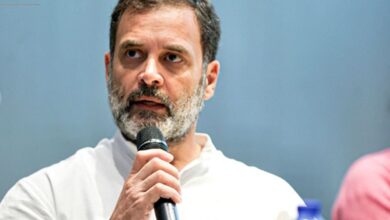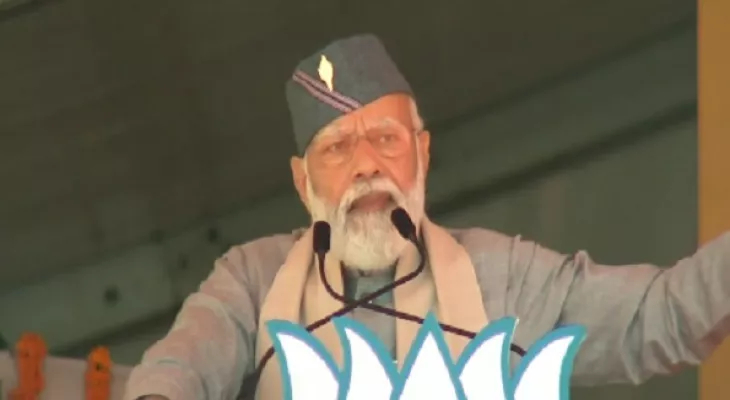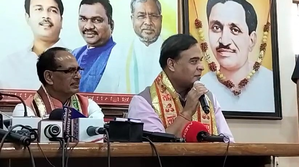
New Delhi, Sep 4 : The Special Intensive Revision (SIR) of the electoral rolls in Bihar has triggered one of the most contentious political battles in recent times, with opposition parties questioning the Election Commission of India’s (ECI) neutrality and intent. Critics argue that the revision drive’s tight deadlines and narrow documentation norms could disenfranchise large sections of the electorate, especially the poor, uneducated, and marginalized. The Supreme Court, while refusing to halt the SIR, has taken serious note of the concerns, urging the ECI to consider a broader range of identity proofs to prevent wrongful exclusion. The Court also flagged a growing trust deficit between the ECI and political parties, which could potentially undermine voter confidence in the electoral process. This ongoing controversy echoes past incidents highlighted in the book “The Power of the Ballot: Travail and Triumph in the Elections”, which recounts similar disenfranchisement episodes. The book details a 1994 directive by the ECI asking electoral officers to delete foreign nationals from electoral rolls, especially in Greater Bombay, where 1.67 lakh people were summoned by police to prove their Indian citizenship. Much like today, those targeted were often poor and uneducated, lacking the documents considered valid by the ECI. The Supreme Court eventually intervened, condemning the process for not giving citizens sufficient opportunity to defend their status or access fair hearing procedures.As history seemingly repeats itself in Bihar, the Supreme Court’s early observations in the current case show its intent to prevent similar miscarriages of justice. The Court has also criticized political parties for failing to **actively assist voters excluded from the draft rolls**, turning the spotlight back on political accountability. The unfolding legal battle could set a precedent on how the ECI conducts future electoral roll revisions especially in a democracy where universal suffrage is both a right and a responsibility.What is at stake goes far beyond electoral rolls. It’s a test of India’s democratic foundations, where each citizen’s right to vote must be protected against bureaucratic overreach and political manipulation. The Supreme Court’s final verdict in this case could redefine how identity, documentation, and voter eligibility are approached by the ECI in the future. More importantly, it raises critical questions: Can electoral reforms be inclusive and efficient? And can trust in the ECI be restored through transparency and due process?






